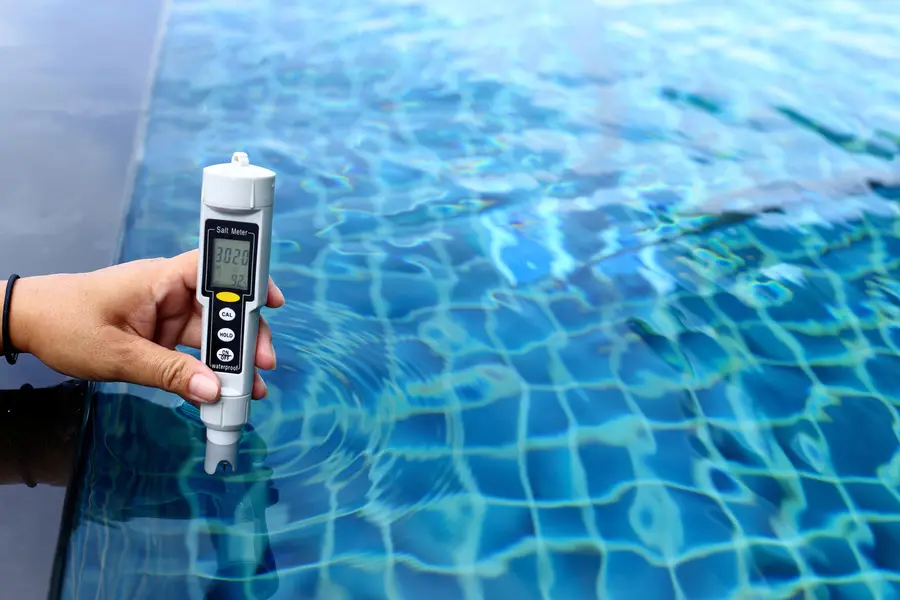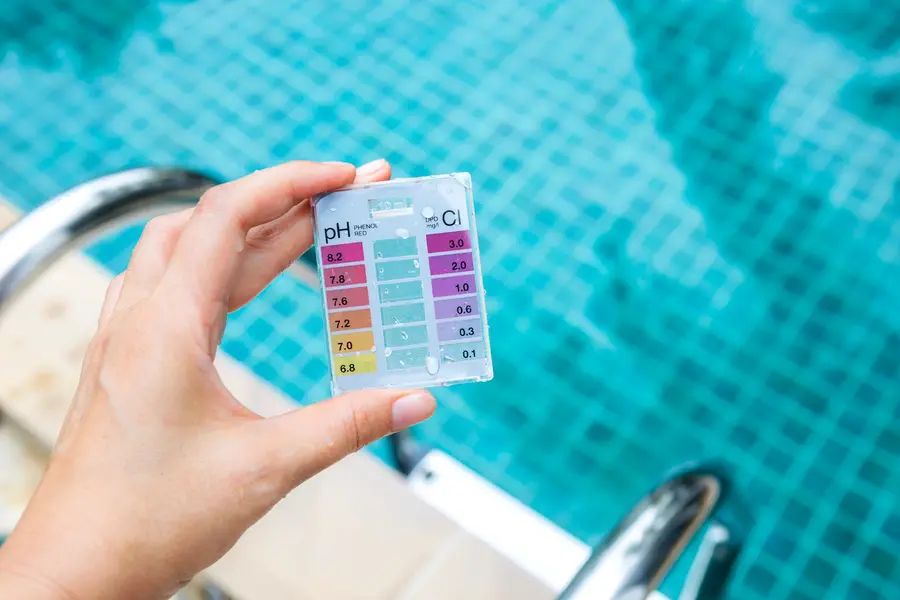The Importance of Keeping Your Pool’s Chemistry in Balance
Maintaining a swimming pool requires more than just skimming leaves and debris. It involves careful monitoring of key chemicals to ensure the water remains safe and clean for swimmers. Proper chemical balance is essential to prevent algae growth, equipment damage, and skin irritation. Understanding what chemicals need regular testing can help you manage your pool effectively and enjoy it without worry.

Why Chemical Monitoring Matters
Regular checks on your pool water are vital because they keep the environment healthy for both people and the equipment. Imbalanced chemicals can lead to several issues like murky water or even health hazards. By routinely conducting tests, you maintain a safe aquatic space while prolonging the lifespan of your pool’s structure and systems.
The Role of Chlorine in Pools
Chlorine is perhaps the most recognized chemical in pools. It’s used primarily to kill bacteria and germs that can cause illnesses. For effective sanitization, maintaining appropriate chlorine levels during pool water testing is crucial. If chlorine levels drop too low, harmful microorganisms may thrive, but too much chlorine can cause eye and skin irritation.

Understanding Ph Levels
A balanced pH level ensures comfort for swimmers and protects the pool equipment. The pH level measures how acidic or basic the water is on a scale from 0 to 14, with 7 being neutral. During routine pool water testing, aim for a pH between 7.2 and 7.8. Anything outside this range can affect chlorine’s effectiveness and cause scaling or corrosion.
Maintaining Alkalinity for Stability
Total alkalinity acts as a buffer for pH levels, helping to stabilize them. This prevents rapid changes in acidity or basicity, which could otherwise harm the pool. Alkalinity should be tested regularly, aiming for a range between 80 and 120 parts per million (ppm). If alkalinity is too low or too high, it can lead to fluctuations in pH levels.
Calcium Hardness: A Key Factor
Calcium hardness refers to the amount of calcium present in your pool water. Too little calcium causes water to become corrosive, damaging the pool walls and equipment. On the flip side, excess calcium leads to cloudy water and scaling on surfaces. Ideal calcium hardness levels should be maintained between 200 and 400 ppm during your checks.
Testing Cyanuric Acid Levels
Cyanuric acid helps protect chlorine from being broken down by sunlight. However, too much cyanuric acid can reduce chlorine’s effectiveness. During routine chemical checks, strive for cyanuric acid levels between 30 and 50 ppm. Regular monitoring ensures you strike a balance where chlorine works efficiently without unnecessary waste.
- Ensure regular maintenance with weekly checks
- Use quality testing kits available in stores
- Seek professional advice if unsure about results
Recommendations for Consistent Monitoring
To maintain a well-balanced pool, consistent monitoring of these chemicals is necessary. Use reliable test kits to measure each element regularly and adjust as needed based on the readings. If you’re ever uncertain about your pool’s chemical status, consider consulting with experts who can offer guidance specific to your needs.
Keeping Your Pool Safe With Aguilar Pool Care Service
If you want your pool in Lancaster, CA to stay clear and safe, contact me at (661) 382-8810 for expert tips and support. I specialize in ensuring pools meet all safety standards through thorough chemical testing and maintenance advice tailored to your setup.